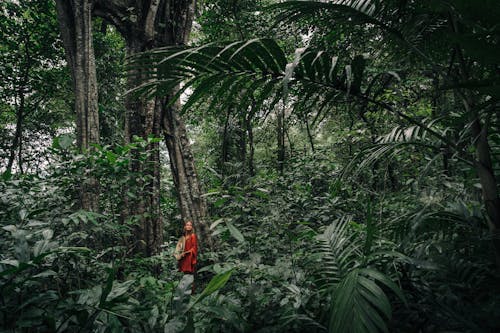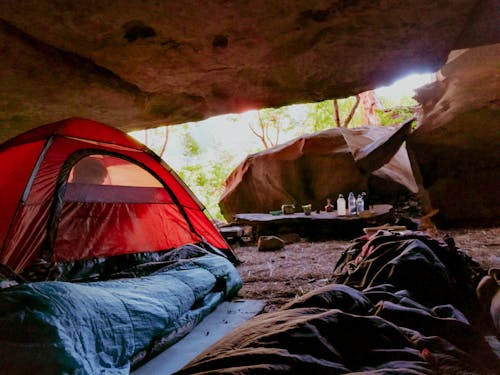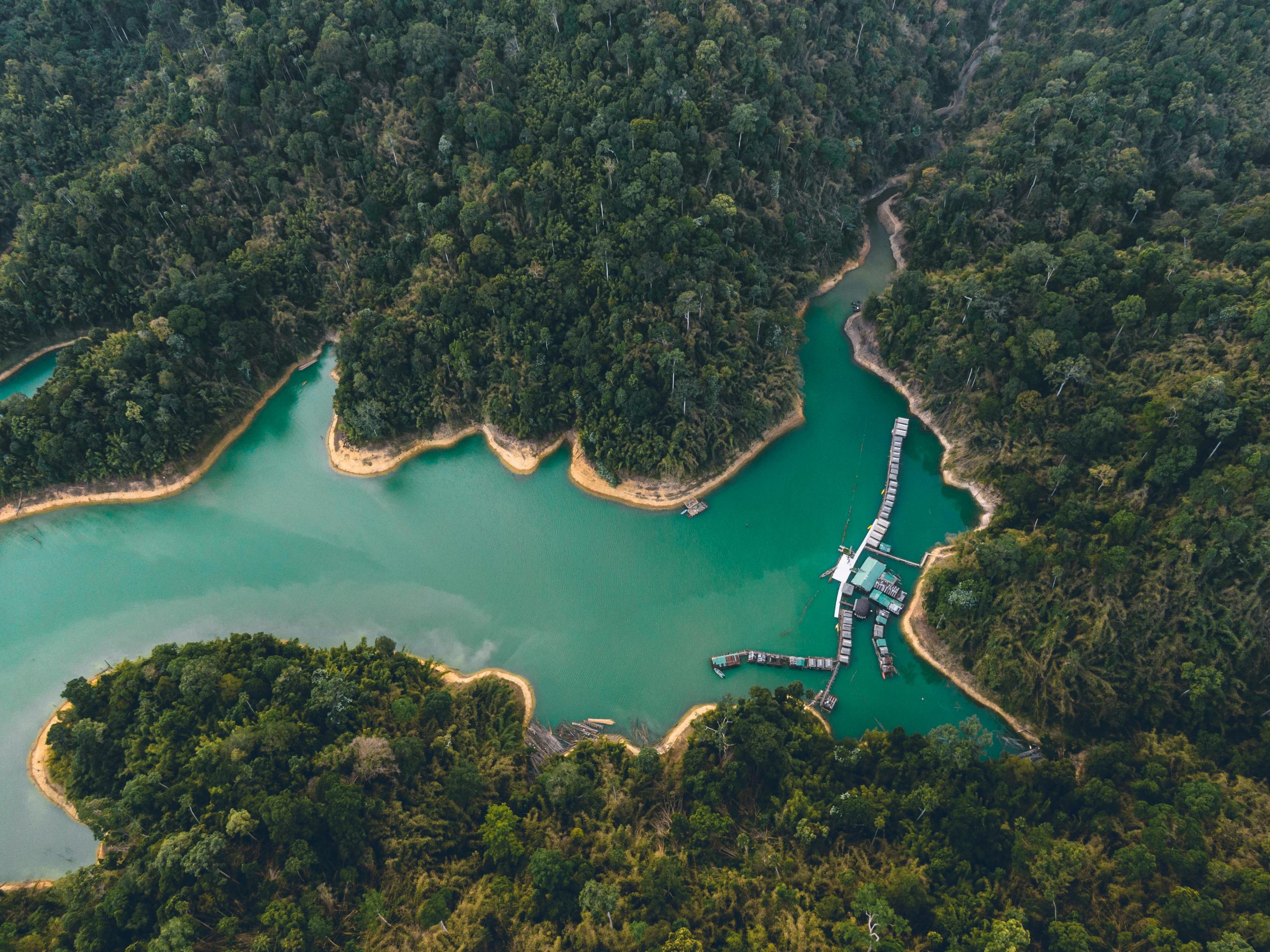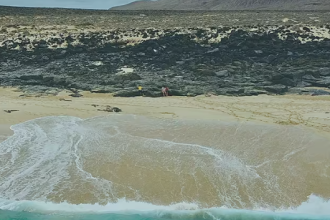As more travelers become aware of their environmental footprint, sustainable travel has evolved from a niche interest to a priority for many. In 2025, the conscious traveler isn’t just focused on where they go, but how they go there, who they support, and what kind of impact they leave behind.

Planning a sustainable journey requires more than just good intentions—it involves thoughtful decisions every step of the way. From transportation choices to accommodation, daily habits to local interactions, here’s how to create a travel experience that leaves a positive mark on the planet and the people you meet along the way.
Think About How You Get There
Transportation is one of the biggest contributors to travel-related emissions. While some trips require flights, there are ways to reduce the impact of how you reach your destination.
- Fly direct when possible: Takeoffs and landings produce the most emissions. Choosing nonstop flights reduces your overall carbon output.
- Offset your carbon footprint: Many organizations allow you to calculate and offset your emissions by supporting renewable energy, reforestation, or community-based sustainability projects.
- Consider trains and buses: Especially in Europe and parts of Asia, trains are an efficient, low-emission way to travel—and often more scenic.
- Slow travel: Instead of visiting five countries in ten days, focus on spending more time in fewer places. This reduces transport needs and allows for deeper cultural experiences.
Choose Accommodations That Care
Not all hotels are created equal when it comes to sustainability. Eco-conscious lodging goes beyond towel reuse programs—it’s about how the property is built, powered, staffed, and supplied.
- Look for eco-certifications: Certifications like EarthCheck, Green Globe, or local sustainability labels often signal meaningful environmental efforts.
- Support small and local: Family-run guesthouses, eco-lodges, or community-based accommodations often have a smaller footprint and invest earnings back into the local economy.
- Ask questions: How is waste managed? Where does the water come from? Are employees paid fairly? Conscious travelers aren’t afraid to be curious.
Pack With Purpose

What you bring—and how much of it—affects both the environment and your travel experience. Lighter packing means less weight on planes, buses, and your back, while smarter packing can reduce your need to buy disposable items on the road.
- Ditch single-use plastics: Reusable water bottles, metal straws, and cloth shopping bags go a long way.
- Opt for solid toiletries: Shampoo bars, conditioner bars, and toothpaste tablets cut down on packaging and liquid weight.
- Choose sustainable materials: Clothing made from organic cotton, recycled fibers, or biodegradable materials is better for the planet.
- Leave room for reuse: A reusable food container or utensils can save you from waste while sampling local street food.
Eat and Shop Mindfully
Supporting the local economy while being kind to the planet means eating and shopping with care. Food and souvenirs are part of any trip, but how you go about them matters.
- Eat local and seasonal: Choose restaurants and food stalls that use locally-sourced ingredients, reducing transportation emissions and supporting farmers.
- Skip imported or endangered items: Avoid dishes made with endangered species or ingredients with heavy ecological impact.
- Say no to plastic packaging: Bring your own bag or container for market shopping and decline unnecessary wrappers.
- Buy from artisans: Instead of mass-produced trinkets, invest in handmade goods from local craftspeople.
Respect Nature and Wildlife
Natural beauty is a major draw for many travelers, but it’s also fragile. Protecting ecosystems while enjoying them is one of the most vital parts of responsible travel.
- Stick to marked trails: Wandering off-track can damage habitats, cause erosion, or disrupt wildlife.
- Avoid exploitative animal attractions: Skip elephant rides, tiger selfies, or any activity that profits from animal suffering.
- Leave no trace: Carry out everything you bring in. Even biodegradable items like fruit peels can disrupt local wildlife.
- Don’t take “souvenirs” from nature: Shells, sand, rocks, and plants should stay where they belong.
Engage With Local Communities Thoughtfully
Cultural sustainability is just as important as environmental protection. Travelers have the opportunity to uplift local communities—or to disrupt them.
- Learn basic phrases: Making an effort to speak the local language shows respect and opens doors to deeper interaction.
- Follow local customs: Dress codes, religious practices, and social etiquette vary. Research before you go and observe respectfully.
- Ask before taking photos: Especially in villages, markets, or places of worship. People aren’t part of the scenery—they’re part of the story.
- Support community tourism: Homestays, village tours, and workshops led by locals ensure your money stays in the hands of those who need it most.
Travel With an Open Mind and a Light Footprint
The most sustainable travel experiences are the ones that balance enjoyment with empathy. Conscious travelers are curious, adaptable, and willing to step outside of their own comfort zones.
- Be flexible: Sometimes buses are late, the eco-hotel doesn’t have hot water, or the local dish is outside your taste preferences. Embrace the unexpected—it’s part of the experience.
- Share what you learn: Your stories, photos, and reflections can inspire others to travel more responsibly.
- Reflect before you go: Ask yourself: What do I really need? Who am I supporting with this choice? How can I minimize harm and maximize benefit?

Sustainability Isn’t About Perfection
No traveler is perfect, and no trip will be entirely impact-free. But by taking conscious steps—from transportation to the dinner table—you become part of a growing movement that sees travel not just as leisure, but as stewardship.
As more travelers take the environment, culture, and communities into account, the industry follows. In 2025, the most meaningful journeys are those that give back as much as they take. And for the conscious traveler, that’s where the real reward lies.





